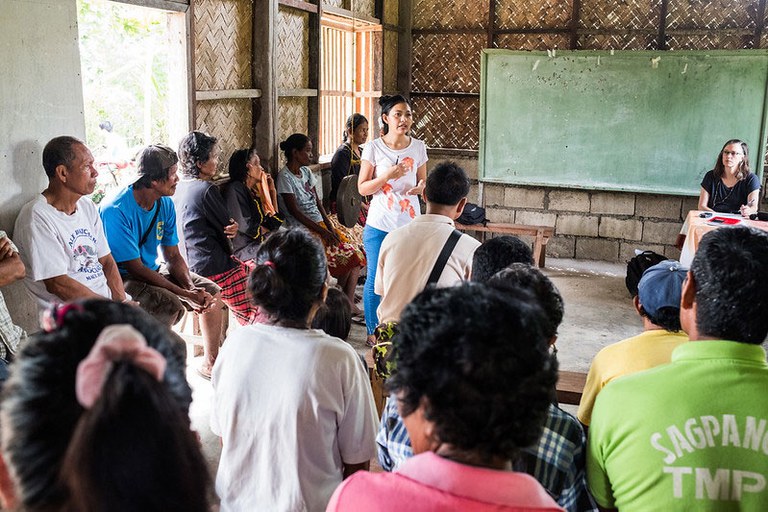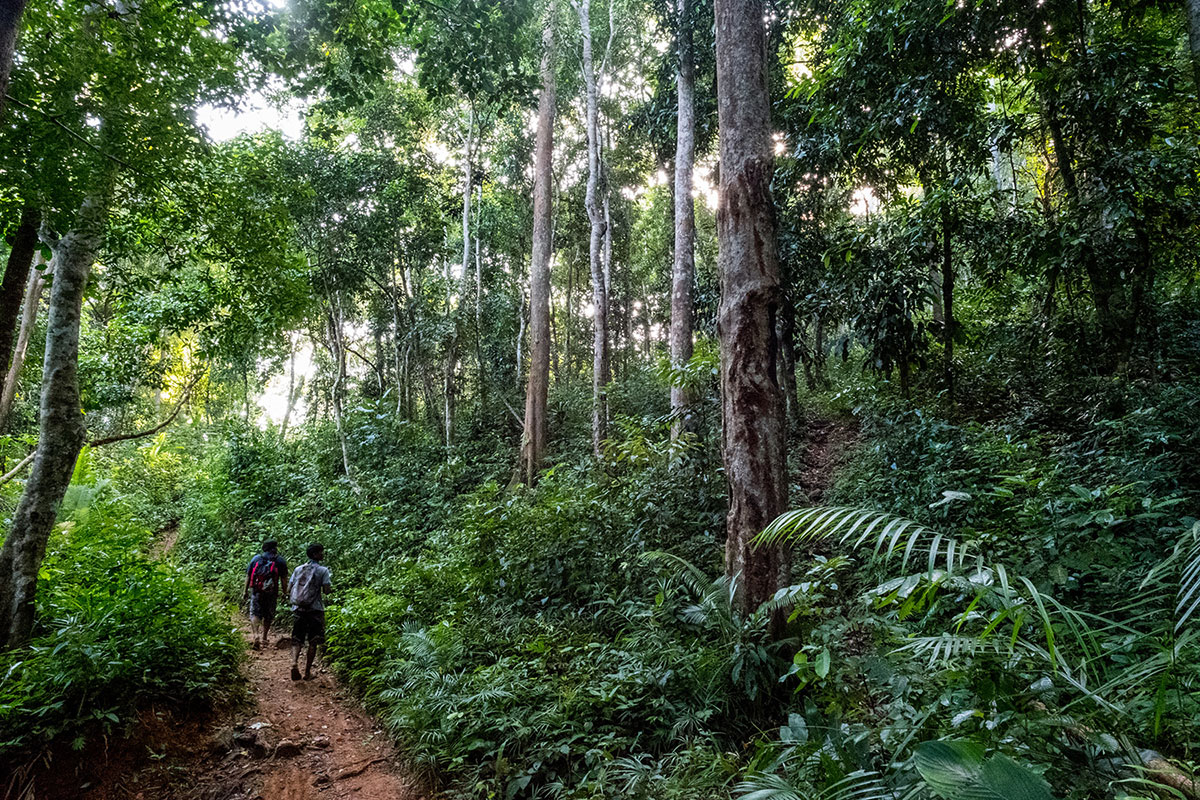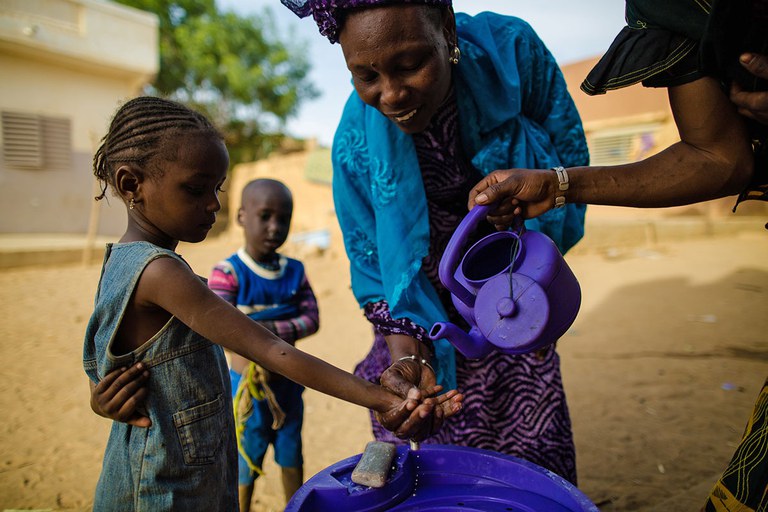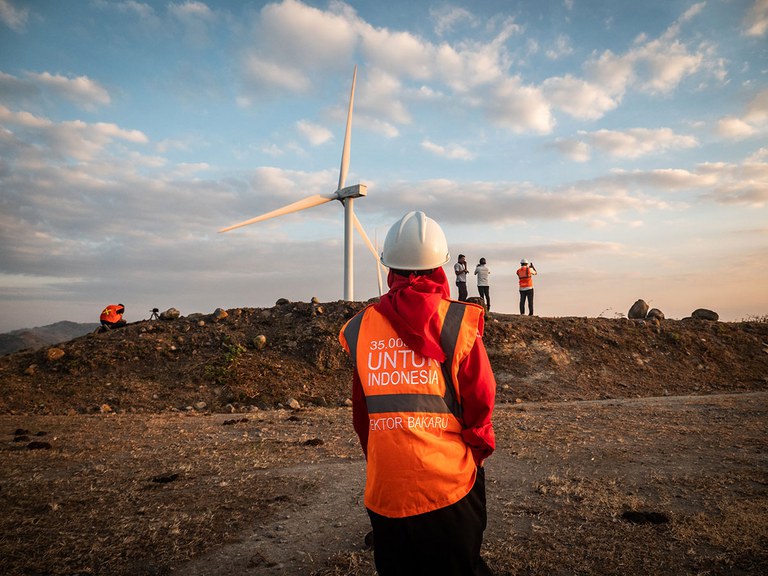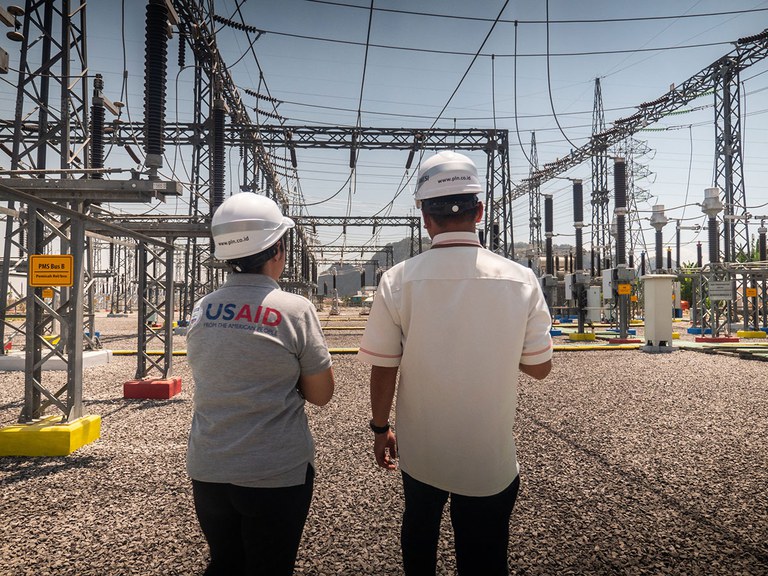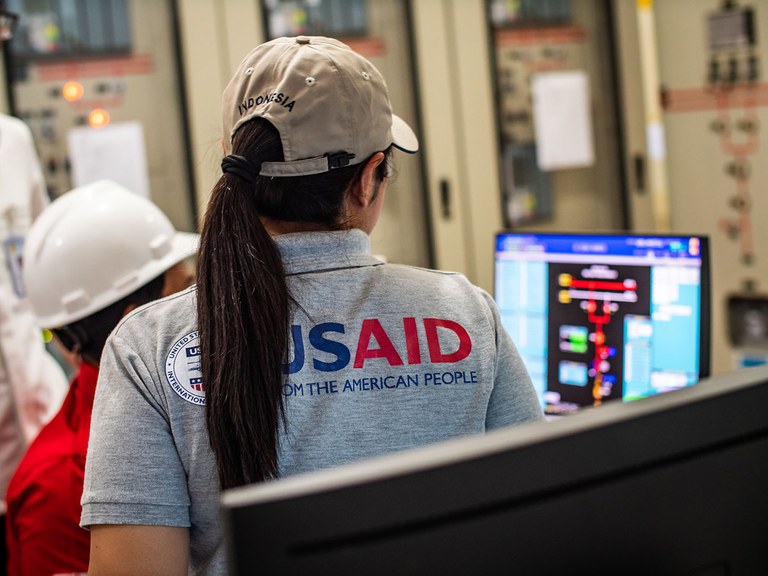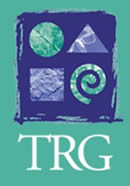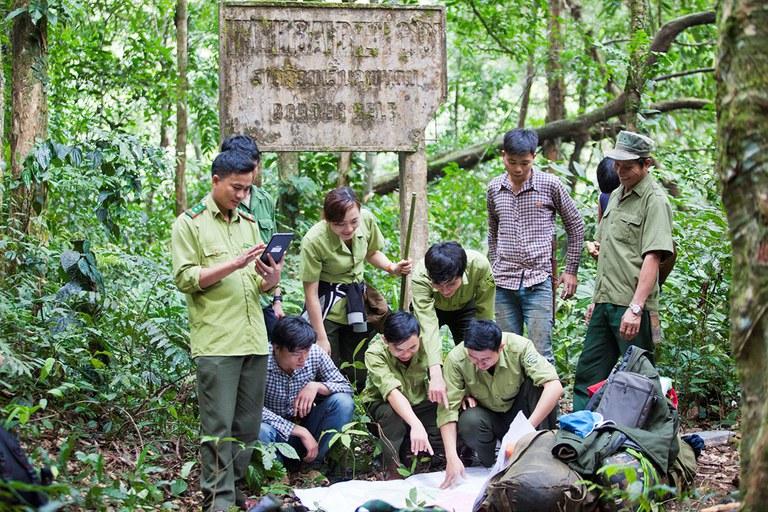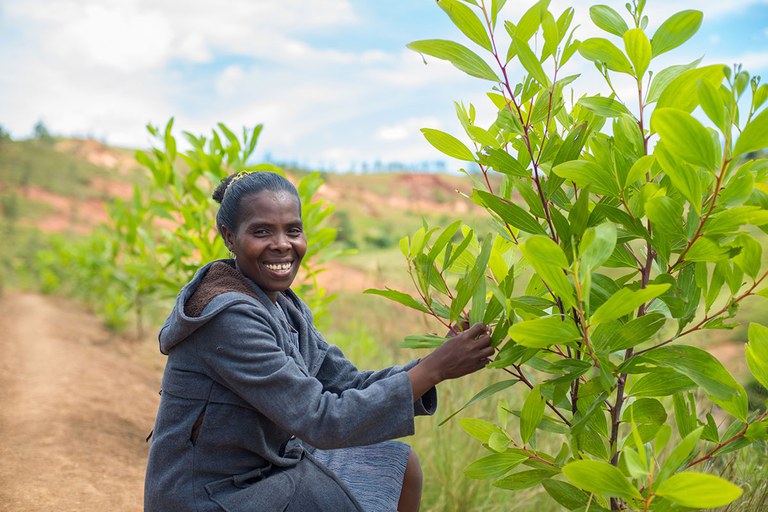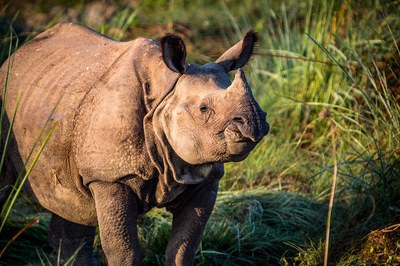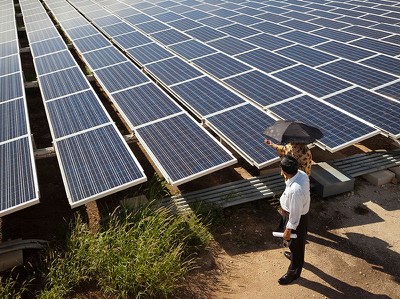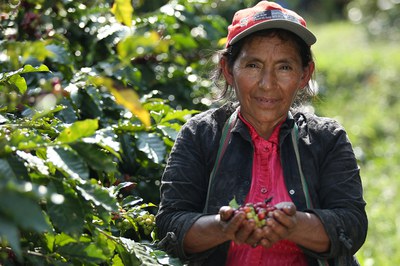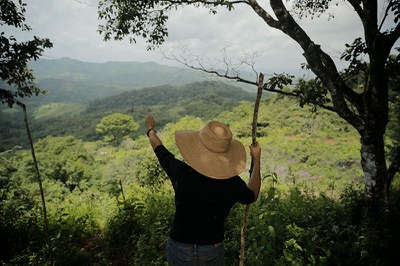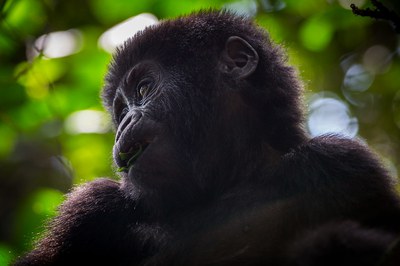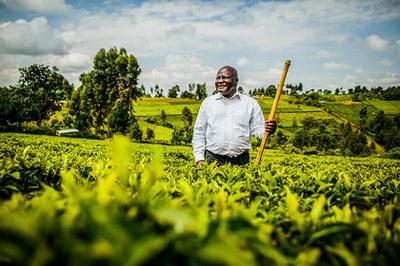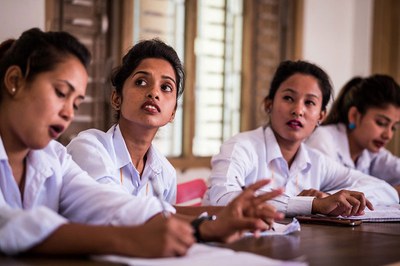Build Technical Capacity and Leadership
Enhance USAID staff and the broader development community’s knowledge, skills, and abilities to apply learning to relevant programming.
SEEK designed and delivered effective learning events and resources that supported USAID staff learning and its application.
The SEEK training task area supported USAID through the organization, design, and delivery of trainings, workshops, and learning series to build technical capacity and leadership. We used adult learning principles and identified best practices to ensure learning objectives are met in in-person and online deliveries. We collaborated with our clients throughout the entire process of tailoring trainings — from audience analysis and design to implementation and evaluation — to meet the needs of the target audience.
Featured Training Activities
Enhance Communication and Outreach
Provided key audiences―such as USAID staff and leadership, Congress, host country organizations, and other stakeholders―with the information needed to act with greater understanding of the offices’ policies, programming, and impact.
SEEK developed strategic communications approaches and methods that effectively target and share critical information and resources with key audiences.
SEEK used strategic communications approaches to improve internal and external engagements. To have USAID and their key audiences act with greater understanding of policies and programming, the SEEK communications task area strategically developed and disseminated critical information to these groups. Prioritized avenues for facilitating the completion of this goal included strengthening access to data and results, and identifying key messages and overarching themes, to develop effective communication products.
Featured Communications Activities
Foster Knowledge Management for Learning
Develop and facilitate effective knowledge generation, storage, sharing, and application.
SEEK supported USAID to increase opportunities for staff and partners to effectively build networks, share knowledge, and learn from resources.
SEEK took a strategic approach to effectively develop knowledge management processes and platforms to make critical information more accessible and useful to support continuous learning and application. To achieve this goal, SEEK expanded opportunities for USAID to co-design appropriate KM processes, participate in activities (such as webinars), and influence refinements of legacy systems to support KM processes.
Strengthen Organizational Capacity and Manage Change
Support USAID’s organizational capacity for greater efficiency, learning, and adaptive management.
SEEK developed and improved systems, processes, and tools for USAID staff to collaborate and coordinate more efficiently and effectively in designing, implementing, and managing programs.
SEEK took a systems approach to enhancing organizational effectiveness at the individual, team, office/mission, and partnership levels. We worked collaboratively with USAID partners, building a shared understanding and commitment to their desired results and the path to achieve them. Below are examples of the different organizational development and facilitation services USAID staff can access through the SEEK contract:
Team Building and Group Skills Development Meeting and Workshop Facilitation
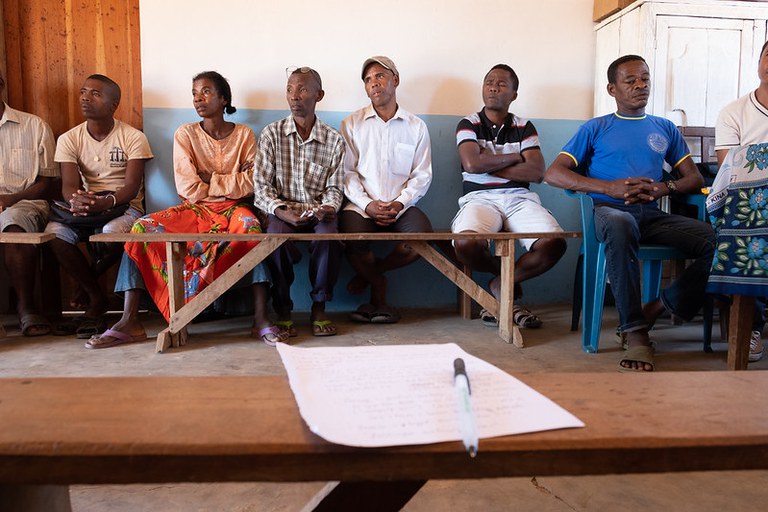
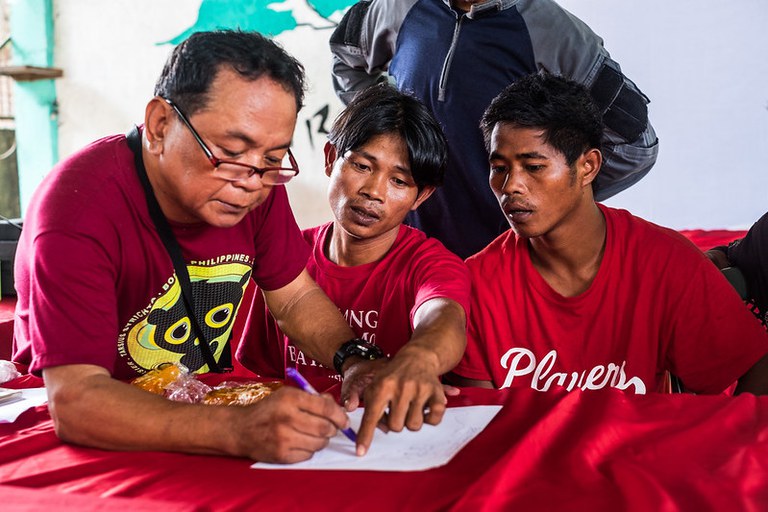
Individual Performance Support and Skill Building Leadership Development
Change Management
Change Management Collaboration, Co-Creation, and CLA
